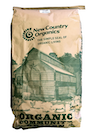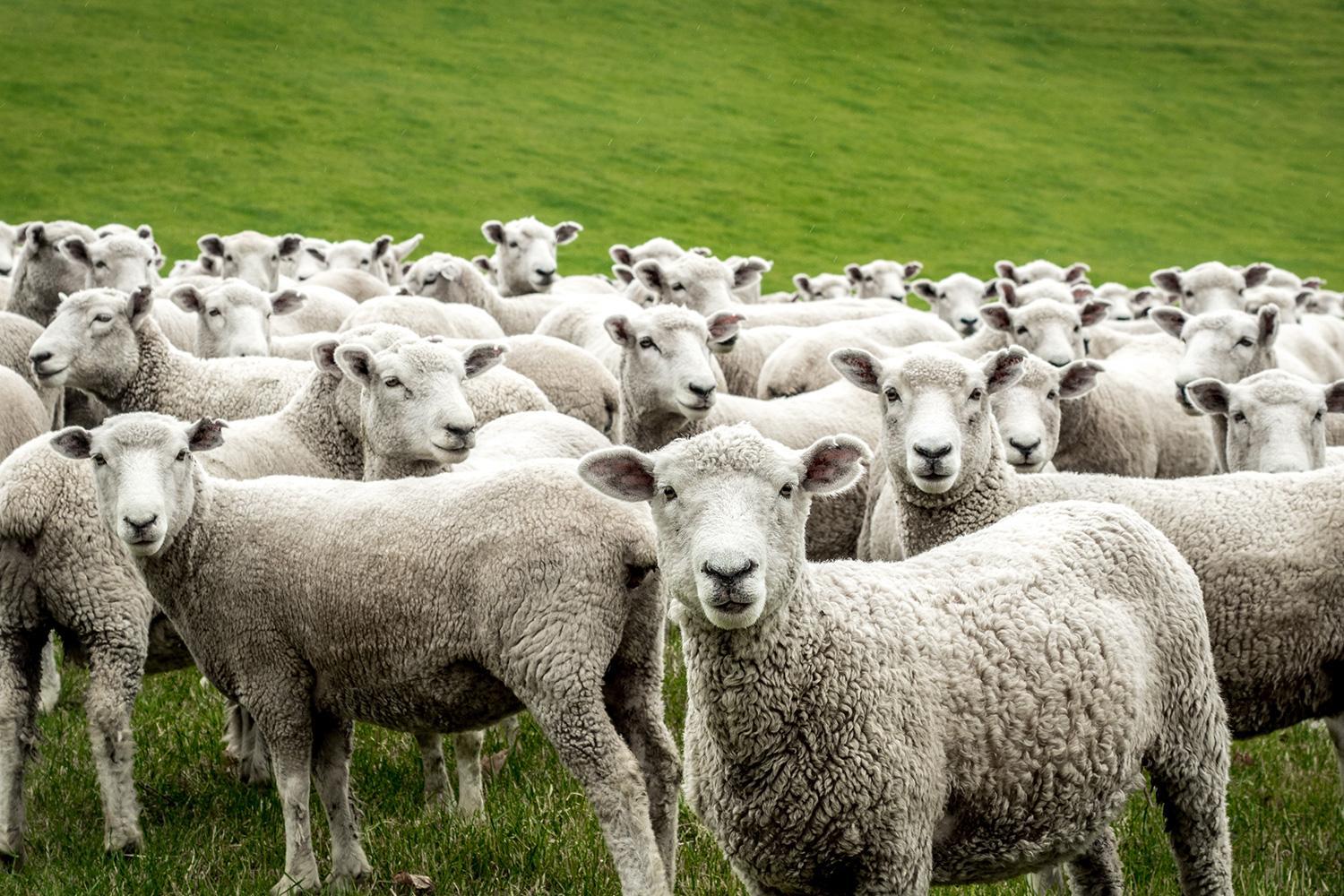We love ruminants, but we don’t love their gift for masking health problems until they are nearly irreversible. One of these health problems is commonly a parasite infestation. Thankfully, there are several different ways to determine if your ruminants have a parasite: fecal egg counts, FAMACHA eye checks, and overall body condition evaluations. Let’s talk about how to use these tools and how to manage parasite probability naturally.
Does Your Herd Pass the Test?
Fecal egg counts are a simple, reliable way to monitor your livestock’s health. They can be run by your local veterinarian or state animal health laboratory for a low cost. For many goat and sheep owners, learning to perform fecal checks at home is worth the investment because it reduces veterinarian costs and testing over time. Dr. Ann Zajac developed the McMaster Method, which is now widely used in the small ruminant community. The more traditional fecal float procedure can also be used. Both methods are user-friendly and can help estimate parasite severity.
If fecal egg counts aren’t your style, you can also use the FAMACHA scoring method. This system allows small ruminant producers to evaluate each individual animal rather than treat an entire herd. The “score” is based on the color of an animal’s eye membrane, which determines if there is anemia caused by a parasite load. The paler the lid, the more parasites, with category 1 representing “not anemic” and category 5 representing “severely anemic.”
Parasites can cause other symptoms like diarrhea, poor body condition, and poor stamina. Pale lids, tight skin, and coarse hair or wool are often telltale signs of a parasite problem.
An Ounce of Prevention is Worth a Pound of Cure
Proper management is the key to parasite prevention. Maintaining clean environments by keeping feed off the ground and cleaning pen areas frequently, as well as offering only clean, fresh water to your animals, are important measurements for maintaining your herd’s health. Soiled water can worsen parasite loads, so water checks should be performed daily. A good rule of thumb for both feeding and watering your animals is: if you wouldn’t want to consume it, your animal likely won’t consume it.
Beyond basic hygiene, there are other ways to create an unappealing environment for unwanted invaders.
Rotate!
Pasture rotation (which can be difficult on smaller farms and homesteads) is a powerful parasite management strategy. It’s generally recommended to give an area a rest if pasture availability is equal to or less than 3 inches tall. Allowing vegetation to grow greater than 6 inches tall before returning livestock to that area will help lower the risk of a parasite infestation.
Another way to gauge when to rotate pastures is the average worm life cycle. Typically, this cycle lasts 3-4 weeks, so resting a field for that long can greatly reduce the possibility of infestation and interrupt the parasite population. Rotating species through a pasture is also a helpful strategy because parasites are generally species-specific. For example, goats and sheep have the highest nutritional needs and can both be infected by barber pole worms. To accommodate both of these characteristics, they should be grazed on a pasture first, and then rotated with chickens or pigs (who will scratch, root, and mix nutrients into the soil, which creates a less favorable environment for parasites).
For some, pasture rotation isn’t as simple as it sounds. For these smaller operations, there are a few natural sanitation practices that can help manage parasite populations. Lime, diatomaceous earth, compost, straw, and responsible bedding products can be used to cover muddy areas and prevent bacteria or parasite buildup. Soiled bedding should be cleaned-out on a regular basis to prevent parasite and pest growth. Herbal leys that contain forbs and legumes can also be planted in these high traffic areas and covered with compost or straw because they can both help rebuild soil and offer livestock anthelmintic properties in their diets.
Feed for the Fight
Herbal remedies are a great addition to any livestock management program, whether rotational grazing is practiced or not. Wild ginger, radishes, nasturtiums, wormwood, garlic, chicory, and sainfoin are just a few examples often used in herbal recipes. Garlic also acts as an antibacterial and can be given in a number of forms: fresh, powdered, bolused, juiced, or in a mother tincture. Any herbal program, as with anything else, should be carefully researched to ensure that it is appropriate for the life stage of the animal.
Beyond herbs, there are many natural products that can be fed to help wage war on worms. Some of our favorites are lespedeza, organic apple cider vinegar, and cucurbits. Sericea lespedeza is a legume that is used to control internal parasites in ruminants, namely Haemonchus contortus, which is commonly called the Barber Pole Worm. The tannins in this legume create a very unfavorable environment in the rumen that stunts parasite productivity and fertility. Tannins are also linked to improved digestion of proteins, thereby enhancing nutrition and boosting the immune system—increasing the animal’s resistance to parasites. Talk about a win-win!
Many nutritionists and vegetarians have found apple cider vinegar to affect the pH of the digestive tract and improve mineral absorption. Mineral-rich cucurbits like squash and pumpkins also have anthelmintic properties, and similarly to herbal leys and lespedeza, can double as a nutritional supplement and a parasite authority.
We always recommend working with your veterinarian to determine the best strategy for your animals and operation. Have questions? Drop us a line.










